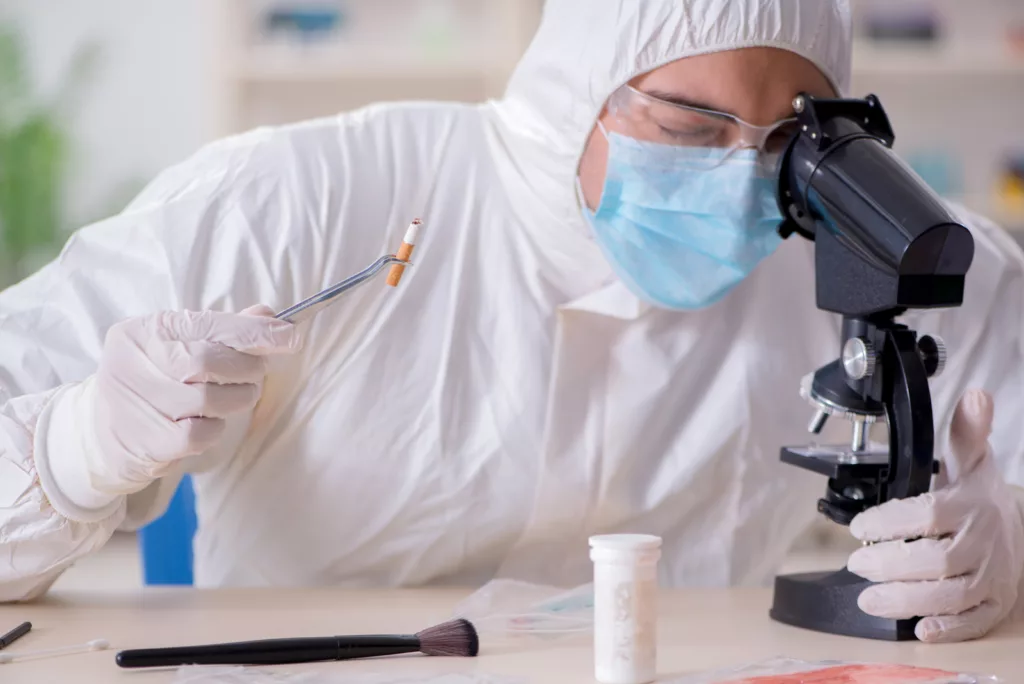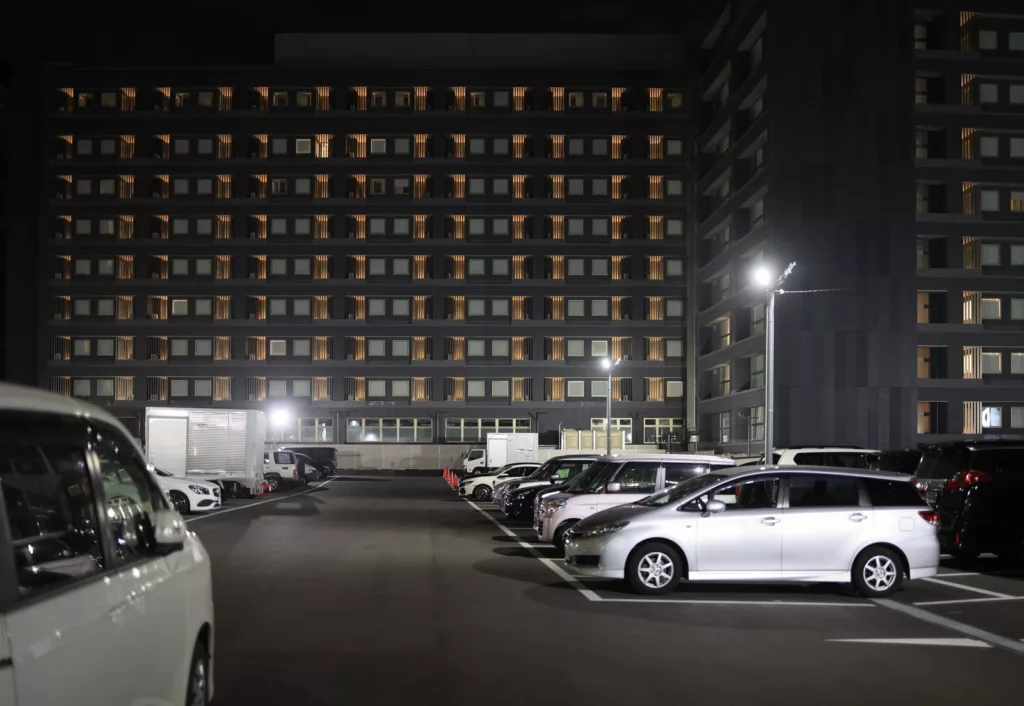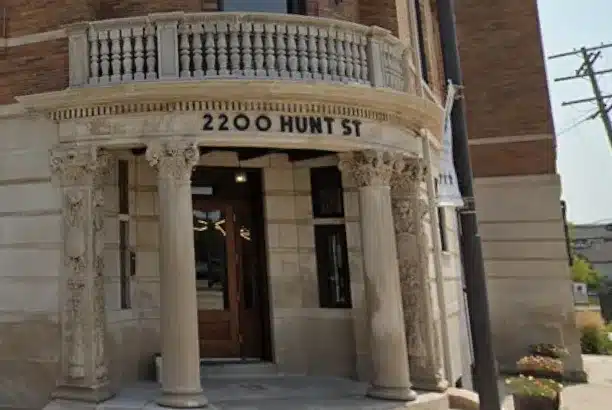What Proof is Needed as a Victim in a Sexual Assault Case?
Florida and Texas are among the busiest travel destinations in the country, welcoming millions of visitors each year to their beaches, hotels, and theme parks. Unfortunately, the same places that attract families and tourists can also become the setting for serious crimes, including sexual assault. These traumatic incidents may happen in resorts, nightclubs, college campuses, workplaces, or even private homes.
For victims, the idea of proving what happened can feel overwhelming. Reliving painful memories while navigating the legal system is difficult, but knowledge provides strength. At RTRLAW, we believe victims should understand what types of proof can help them seek justice and hold perpetrators accountable.
Why Does Evidence Matter in Sexual Assault Cases?
Sexual assault cases are often challenging because they frequently occur in private without direct witnesses. That does not mean they cannot be proven. Courts and law enforcement rely on many types of evidence to support a victim’s account, demonstrate lack of consent, and establish responsibility.
The more consistent and reliable the evidence, the stronger the case becomes. Even without immediate physical evidence, survivors can move forward with other critical forms of proof.
Yamaris Sanchez
RTR Law is an amazing firm, i strongly recommend their services. The firm truly cares for their clients and is attentive to detail. Both the attorneys and paralegal provide excellent representation and service for you and go the extra mile to make sure your results are as expected or greater.
What are the Key Types of Evidence Needed in Sexual Assault Cases?
Building a sexual assault case depends on the quality and range of available evidence. The legal system recognizes that different forms of proof, when combined, create a powerful picture of the truth, including:
- Medical Documentation and Forensic Evidence: One of the strongest forms of evidence is a sexual assault forensic exam (SAFE), often called a rape kit. These exams preserve DNA, document injuries, and create a medical record directly linked to the incident. Even if time has passed, visits to hospitals or physicians can still provide documentation of injuries and trauma.
- Survivor Testimony and Witness Support: A survivor’s own account carries significant weight. Courts recognize consistent, detailed testimony even when physical evidence is absent. Support can also come from “outcry witnesses,” friends or family told about the assault soon afterward, or from others who observed suspicious behavior.
- Digital and Documentary Evidence: Technology often provides a trail. Text messages, emails, and social media exchanges can reveal coercion, apologies, or admissions. Surveillance footage, hotel records, or transportation logs may confirm who was present and when. These digital footprints can be decisive in strengthening a case.
- Expert Testimony and Psychological Evidence: Forensic and mental health experts can explain injuries, trauma responses, and why survivors may delay reporting. This expert analysis gives judges and juries valuable context, preventing unfair judgments about victim behavior.
- Filing a Police Report: While many victims feel overwhelmed and sometimes scared or embarrassed about what occurred, it is important to report the incident and file a police report. It can be one of the first steps in holding the individual accountable for what happened. It also starts the evidence collection process and can provide victims with access to resources and support as they work through this life changing event.
Each of these forms of evidence adds a layer of credibility, and together they help establish accountability and strengthen a survivor’s pursuit of justice.
What are the Challenges of Proving Sexual Assault in Civil Court?
Even with strong evidence, civil sexual assault cases are rarely simple. Defendants often argue that encounters were consensual or claim there isn’t enough proof. Survivors may delay reporting due to fear, shame, or confusion, which makes gathering physical evidence more difficult.
But the absence of immediate forensic evidence does not close the door to justice. Civil courts also consider testimony, corroborating witnesses, digital communications, and circumstantial evidence. Consistency in the survivor’s account, supported by other facts, can be extremely persuasive.
For example, in a Texas case, a survivor successfully held her attacker accountable without DNA evidence. The court relied on her detailed testimony, corroborating statements from friends she confided in, and hotel security footage showing the defendant entering her room without permission. In Florida, survivors have won civil claims using digital evidence, including text messages where perpetrators admitted guilt or apologized.
These examples prove that while physical evidence is valuable, it is not the only path forward. With the guidance of an experienced sexual assault victim attorney, survivors can connect all available facts to overcome legal challenges and pursue justice.
Why is Choosing the Right Law Firm to Take the Next Step in Your Sexual Assault Case So Important?
Selecting the right legal representation is one of the most important decisions for survivors. Laws, statutes of limitations, and courtroom procedures vary from state to state, so working with an attorney licensed in the place where the crime occurred is essential.
If an assault happened in Florida or Texas, whether to a resident or a visitor, it is critical to hire local counsel familiar with the courts and legal processes. RTRLAW, with offices across both states, has the resources, compassion, and determination to stand with survivors. Our attorneys pursue civil claims for damages, support survivors through criminal investigations, and hold perpetrators, businesses, or institutions accountable. If the incident occurred outside these states, we can connect survivors with trusted attorneys nationwide, ensuring they always have advocacy and guidance.
Survivors should act quickly by taking these steps:
- Seek immediate medical care to protect health and preserve evidence
- Report the incident to law enforcement or appropriate authorities
- Preserve evidence such as clothing, messages, or social media exchanges
- Write down your account while details are fresh
- Contact an experienced attorney for advice and support
Taking these steps strengthens a potential case and helps survivors begin regaining control over their lives.
Contact RTRLAW to Pursue Justice Today
Sexual assault is a devastating crime, but survivors should know they are not alone. Your voice matters, your story deserves to be heard, and justice is possible. In states like Florida and Texas, both home to millions of residents and tourists each year, these cases unfortunately occur too often. RTRLAW is here to fight for survivors, protect their rights, and help them pursue healing and accountability. If you or a loved one has been assaulted, don’t wait to seek help. Call RTRLAW today at 1-833-HIRE-RTR (1-833-447-3787) for a safe and confidential case evaluation.
Revision History:
- Jan 13, 2026 at 6:40 am by RTRLAW (displayed above)
- Jan 13, 2026 at 6:40 am by victor


 CALL US NOW
CALL US NOW TEXT US NOW
TEXT US NOW































